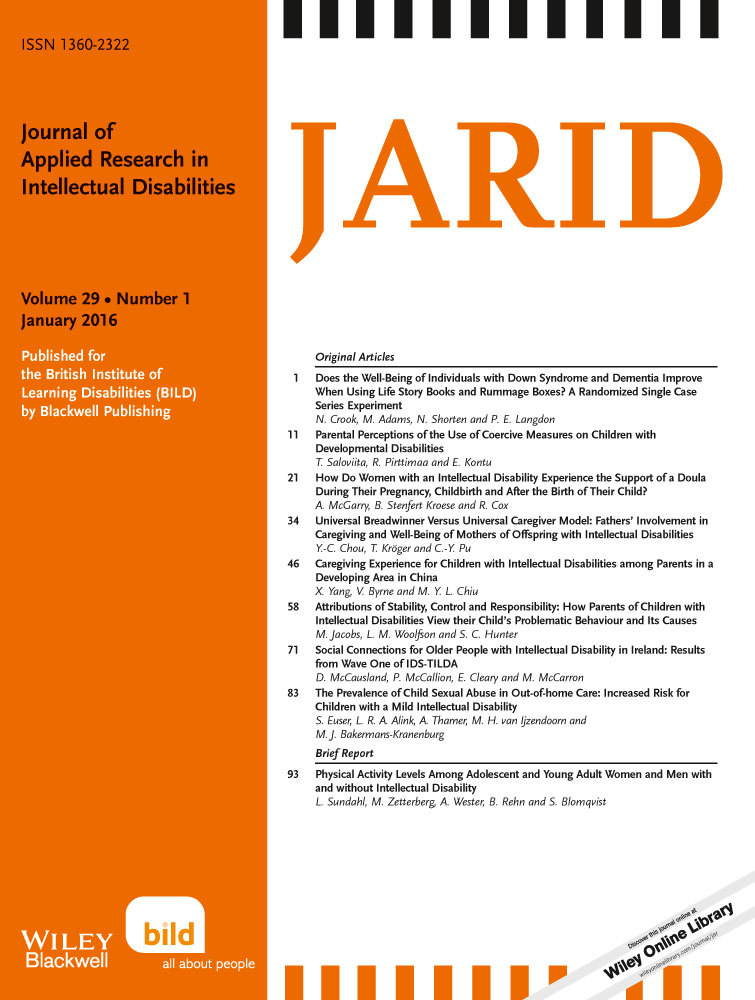How Do Women with an Intellectual Disability Experience the Support of a Doula During Their Pregnancy, Childbirth and After the Birth of Their Child?
Abstract
Background
With increasing numbers of people with an intellectual disability choosing to become parents, the right support is imperative for effective parenting (Macintyre & Stewart 2011). The aim of this study was to gain insight into the experiences of parents who received support from Doulas during pregnancy, birth and following the birth of their child. In addition, the experiences of the Doulas who provided the support were investigated.
Materials and Methods
Four women with an intellectual disability who received Doula support were interviewed before and after the birth of their child. Three Doulas were interviewed after the birth about their experiences of supporting women with an intellectual disability.
Results
Interview transcripts were analysed using Interpretive Phenomenological Analysis (IPA). Themes were identified from each interview, before an overall analysis of themes from each support phase was undertaken.
Conclusions
Pre-natally, the Doula was considered helpful and a reliable source of information about pregnancy. Each mother perceived Doula support as a means of keeping her child in her care. Post-natally, mothers described a trusting relationship with their Doula, who enabled them to make informed choices. Doulas described how they adapted their work to meet the needs of parents with intellectual disability. Being involved in Child Protection procedures was perceived as stressful and challenging.




